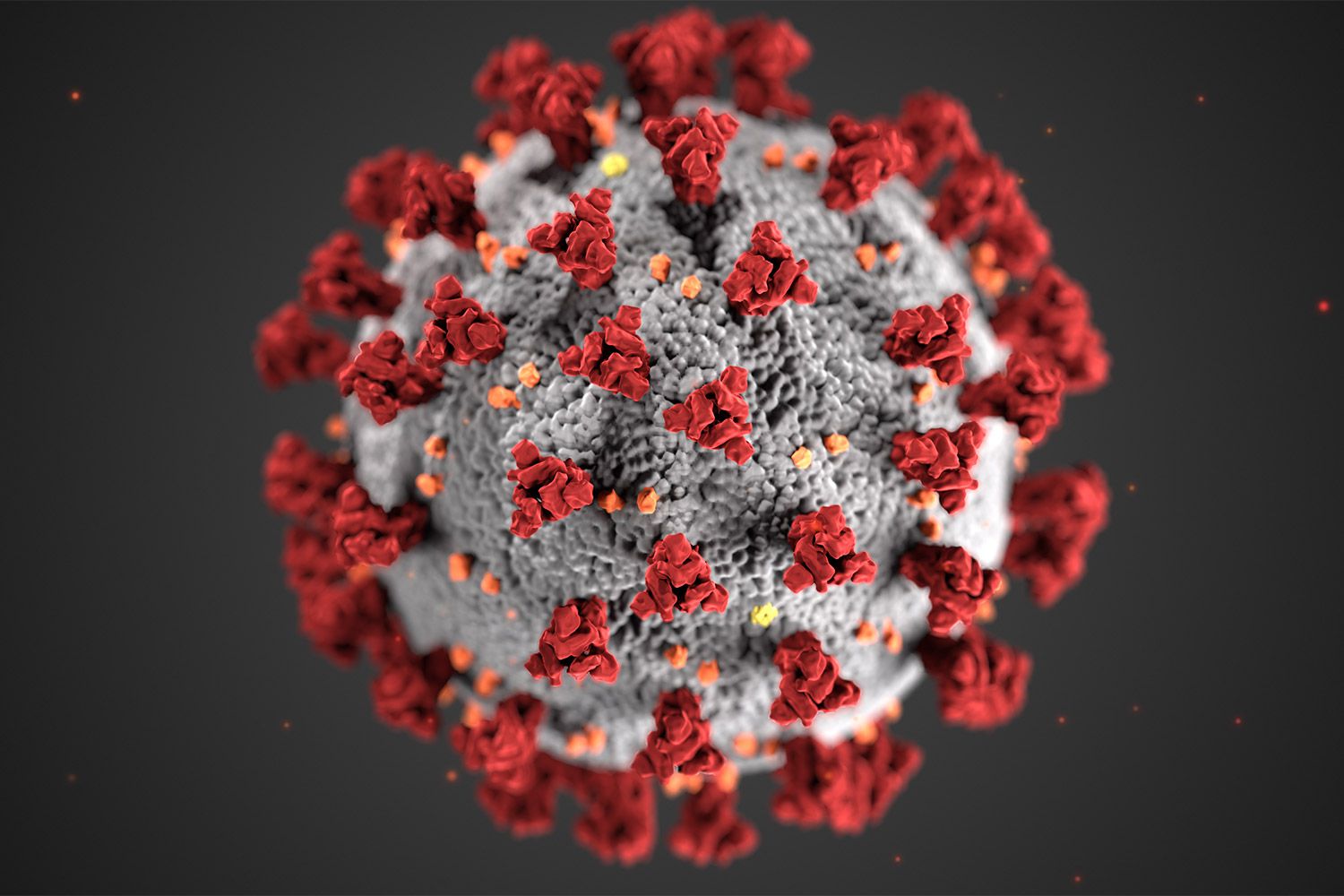
The United States now has the most cases of the new coronavirus, COVID-19, in the world, and the majority of the country is under strict stay-at-home orders to slow the rate of infection. As Americans approach one month since the start of intense social distancing measures, everyone is wondering the same thing: When will this end?
To get a better understanding of what people can expect from COVID-19, Dr. Robert Norton, a professor of public health at Auburn University and member of several coronavirus task forces, answers questions about the virus.
Will COVID-19 be gone by the summer?
“Realistically, I think it’s going to be going well into the summer in some areas,” Norton says.
While the outbreak will slow in major cities where people are getting it now, “there will be some places where it’s still circulating, so it never really leaves.”
He also expects that the virus will become seasonal, much like the flu, so even if it does go away in the summer in some places, it may come back again in the fall.
The hope is for eventual immunity that will stop the country from another severe outbreak like the one we’re currently experiencing.
If you had COVID-19, can you get it again?
“At this point, we have to say it’s possible,” says Norton, “but we don’t know the percentage of people that are going to continue to be susceptible.”
The hope, again, is for some amount of immunity that will create herd immunity.
“Currently, around 80 to 85 percent of people are not having to be hospitalized,” he says. “So those 80 to 85 percent of people, if they get an infection, they’re going to be more resistant. It doesn’t mean necessarily they’re completely resistant, because we really don’t know how the immune reaction is going to be.”
Norton says that we won’t know that answer for sure until after the major outbreak passes and scientists are able to do antibody testing, which would provide a clearer understanding of who has had the virus and how they managed the symptoms.
My friend and I have followed social distancing guidelines for 14 days and neither of us have had it. Can we see each other now?
It’s best not to, even if neither of you have developed obvious symptoms, Norton says.
“People can have very mild symptoms and may not realize that they’re actually infected,” he says. A simple trip to the grocery store could have infected one person, and they could unknowingly infect a friend and their family if they go to the other person’s home.
I’ve had the virus and recovered. Can I go out now?
Even if you’re doing better, everyone still needs to adhere to social distancing.
“The best idea is to stay at home,” Norton says. With so many questions about COVID-19 still up in the air, like if people do have immunity or if they can still be contagious after recovering, the safest option is to continue to socially distance.
Your doctor may also want to retest you, per CDC guidelines, to make sure that the test comes back negative before you rejoin your family. However, that depends on the availability of testing kits — which are still in short supply.
“So for right now, you need to stick to the CDC advisory,” Norton says.
As information about the coronavirus pandemic rapidly changes, PEOPLE is committed to providing the most recent data in our coverage. Some of the information in this story may have changed after publication. For the latest on COVID-19, readers are encouraged to use online resources from CDC, WHO, and local public health departments. To help provide doctors and nurses on the front lines with life-saving medical resources, donate to Direct Relief here.
Source: Read Full Article